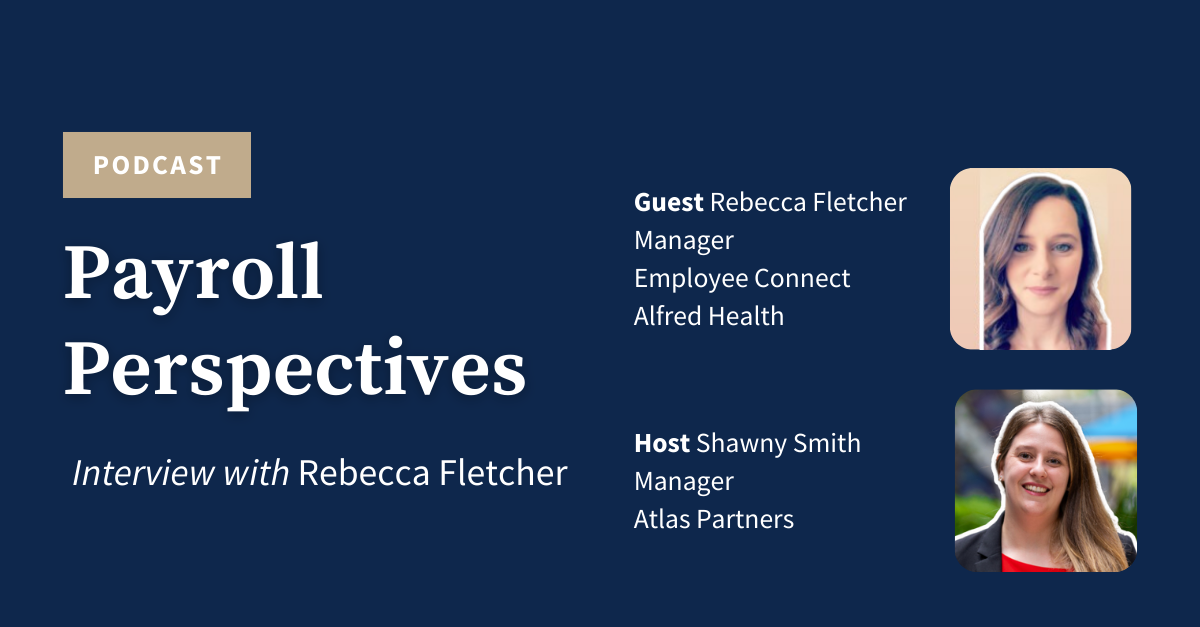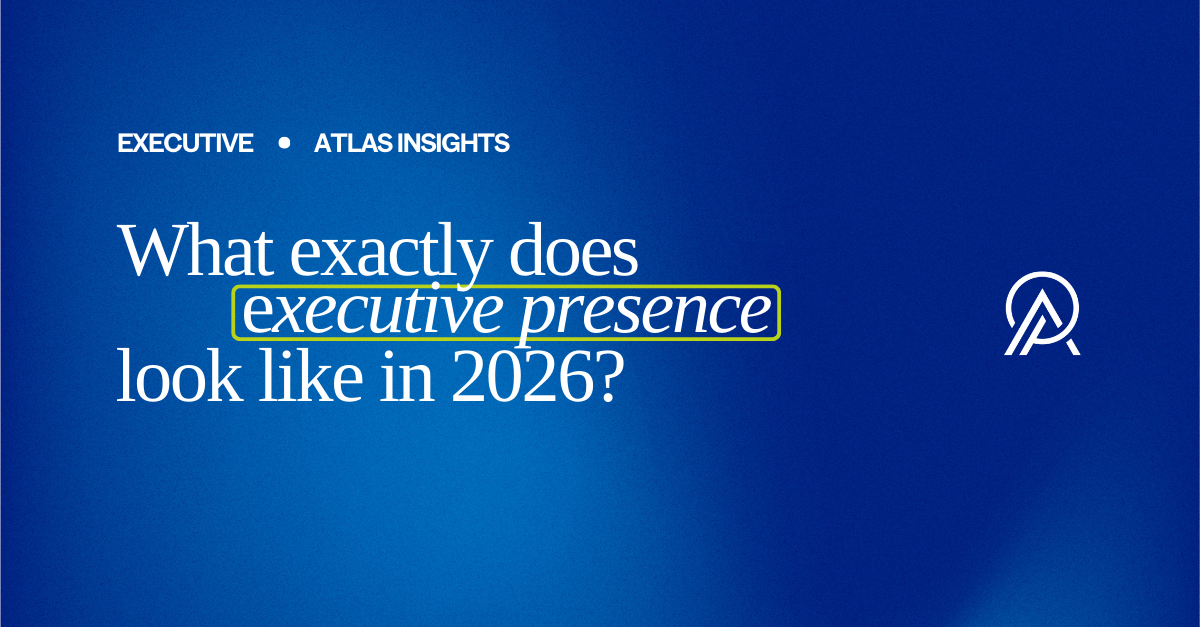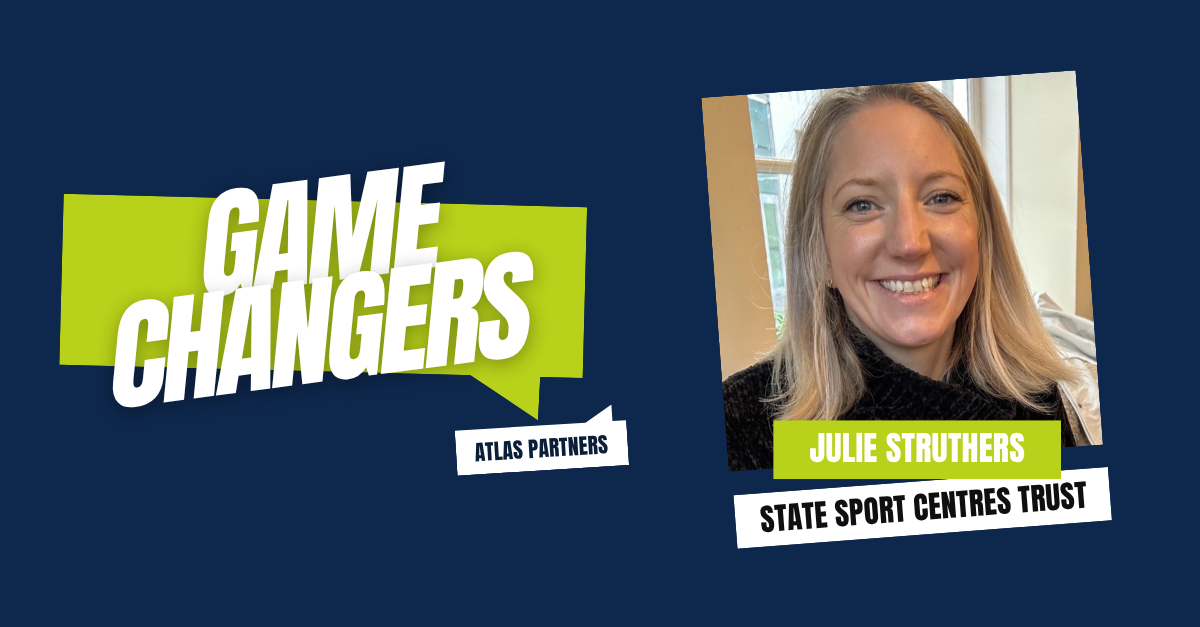Payroll Perspectives — Episode 3, Rebecca Fletcher

It’s Rebecca Fletcher‘s near two-decades of experience across Payroll and Human Resources that has seen her work her way from Payroll Officer, to now managing a new division at Alfred Health. As Manager of Employee Connect, The Alfreds innovative approach to managing the sheer amount of administration that comes with having ~14,000 employees, Rebecca is putting years of insight and experience into practice, supporting a brand new team. She sat down with Shawny Smith to discuss her journey.
Hi, Rebecca. How are you going? Very excited to complete this episode with you. So, just wanted to start it off with, if you can briefly introduce yourself and where you work at the moment?
So, my name is Rebecca. I am currently working at Alfred Health at Alfred Hospital. My job title there is a little bit of a strange one. It is Employee Connect Manager, or Manager of Employee Connect, which is a fun new team that Alfred Health has introduced in the last couple of months.
Can you tell me a little bit about how that team’s split up and how it’s a bit different from a payroll manager position?
Yeah, of course. Given the sheer volume of staff at Alfred Health, as you can imagine, it’s in excess of 14,000 at the moment, paid and unpaid. You know, it’s a lot for one team to take on the whole payroll function. So, what Alfred Health has done is they’ve actually split that functionality into two different teams. So, we have our payroll processing team that are your, core processing ops team. They run the pay runs every week or every fortnight. You know, they do all the calculations, not as employee-facing.
The Employee Connect team does all of the sort of admin side of payroll. So, we do all the onboarding, all of the variations, all contract amendments that need to be plugged into our HRIS system. We do a lot of system-based changes. We also take inbound employee inquiries via phone and a ticketing system. So, my team are not specifically from a payroll-background. You know, we do have a couple. However, for the majority, it is more of an eclectic mix, and I am training them up to get a little bit more payroll experience for the benefit of our team.
Yeah, perfect. Now, it’s a very interesting role, and I do find those really large organizations need more support and segregation between those duties. So, it’s a really exciting shift for you, given your whole career, you started off, payroll officer, payroll manager. Then you did a HR manager role as well. And so, tell us a little bit about your career so far in leadership and your perspective on payroll now that you’ve had that experience.
Yeah, sure. As any person in payroll will say, they fell into the career. I’m no different. I’ve been in the payroll space for the better part of 20 years now. And I did work my way up from being a payroll officer into a management role for the last sort of five, six years, and then took a bit of a sidestep into an HR manager role for a company that I’d worked for previously as a payroll officer. So, that was a really good insight into seeing the other side. You know, generally speaking, payroll and HR are at loggerheads most of the time, still trying to get the same outcome. Both sides have their own focus, so, that can become quite tricky in a day-to-day setting.
Now, having worked on both sides, I definitely have a greater appreciation for what HR does, but it also meant that as someone that had been in payroll, I did have a lot more patience and understanding of what needs to happen on the payroll side. So, I did find that stepping into that HR manager role with all of the experience I have in payroll did lend itself to a much nicer relationship between HR and payroll at that organisation.
Even now, being at the Alfred, my role, I sort of have one foot in the payroll area, one foot in the HR area, albeit my team is in the payroll services department under finance. We work very, very closely with HR. You know, we see hundreds of contracts a week, and having my team know what to look out for, what doesn’t look right, and what to question HR on. It is a huge learning piece for my team, given that they don’t really have HR or payroll backgrounds. And the people that I have that do have a payroll background are benefiting from that HR piece. But having had that HR management role prior to coming to the Alfred, it’s much the reason why I’m in this role, because I do have both of those sides of experience. So, it has been very helpful with my transition into a role that is non-existent in pretty much any other organisation.
The majority of my leadership career was actually right smack bang in the middle of COVID. Walking into that leadership role with the biggest team that I’d had and not having met them for three months, only via, Zoom or Skype or Teams, was really tricky. I had to work out how I could still be that leader and that manager when I’d never really met my team before. You know, that is definitely something that I now appreciate, especially now that we are in a time where we are working from home that little bit more. That was something that I didn’t think that I was ever going to need to do.
There is quite a difference between payroll management and HR management. You know, payroll for the most part, you kind of know what’s going to happen on a day-to-day basis. However, with HR, you have no idea what you’re going to get on any given day. You could be dealing with probations that aren’t being met or even staff fights. So there is quite a difference. But it’s also helped me create a lot of efficiencies for my team that haven’t had the experience that I’ve had.
You mentioned you sort of were doing your first leadership role during COVID times, and then you also have done the HR management piece where you’re fully on-site. Now, you’ve got a large Employee Connect team. Can you give us a little bit of insight into your leadership style and what you think works best overall?
So, my leadership style is fairly hands-off. I would never want to think of myself as a micromanager because, generally speaking, I don’t like to be micromanaged. However, it really depends on your individual team member. They all require different things. You know, some need a little bit more assistance than others. Some you can pretty much be completely hands-off and just do little check-ins here and there, and others need that, you know, far more intense handholding. It also depend on if they are working from home or in the office. The working from home piece can get quite tricky because, you know, you’re relying on them to be able to get done what you need to get done on a day-to-day basis, but also be able to, give you a call and say, hey, I’m really stuck on this. Being able to provide that leadership and management virtually is a learned skill. It’s not something that, you know, you can just pick up and run with. It does take a little bit of effort and working from home in payroll wasn’t really a thing before COVID.
I mean, I think everyone had this same feeling. I don’t think this is just localized to myself or payroll. It was definitely something that had to be learned, but had to be learned fairly quickly. Still needed to be able to pay people on time. You know, that’s, that’s primary goal when you’re in payroll. It really does make you have to shift your, your management style How much is too much communication, am I micromanaging or just being supportive? It really did take a lot of balance and I think that’s now helped me even more in this hybrid setting.
Yeah, I think everyone learnt a lot through COVID, but I think the interesting thing that you said and what I took from that was that, was the responsibility of management and of the team has shifted in the sense that your team members have more responsibility to, reach out to you when they need help and to keep that communication piece high because you and a lot of managers don’t want to sort of lead into that micromanaging sort of style, which means you do rely and trust your team to come to you with those issues. Issues and having payroll so time sensitive, that’s where you can see those issues popping up is when someone’s reluctant to or really wants to try and nut through something themselves, which may take a big chunk of time and slow the process down. It’s not like when you’re in the office and you can just, you know, look over your shoulder and say, hey, can you just confirm this? You know, what’s your insights into that? Can you check this? You have to go out of your way to reach out to someone and whether they’re available or responsive. I think that’s where a lot of managers sort of see that struggle with the virtual management.
Yeah, completely agreed. Completely agreed.
Perfect. So look, the next question was just around what you look for when you’re hiring for your team. Obviously, at the moment, it’s the employee connect team. So they’re not specifically payroll oriented or, you know, payroll background, I suppose. So what is it specifically that you’re looking for?
So, you know, in my current role and current team, the team is less than five months old. I’ve been in my role for just over four months. So it is a bit of a learning curve at the moment. I’m sort of dabbling with a few different types of backgrounds, and I, I do think that having that little bit of payroll knowledge is the best fit at the moment. Albeit the team members that I’ve got that have had no payroll experience, I picking up exactly what I need them to pick up. Just having that little bit of payroll knowledge means that there are things that I don’t need to teach.
You know, there’s a lot of legislation and, you know, we deal with, I think, 13 different agreements at the moment. So it’s high volume and it’s public health, so they’re very, very intricate. Having someone with that payroll background can pick up those things just a little bit quicker. You know, it’s one less thing that I need to explain or unteach, however, as a manager, and this is why I think I became a manager in the first place, was because I love to teach the knowledge that I have in payroll. I’m very, very passionate about payroll, and I really do enjoy giving that knowledge to other people.
So to be honest, at the moment, my biggest one is cultural fit. And I think for most roles, that’s what it comes down to. Even when I’m hiring for a payroll person, yes, they need to have a few technical skills when it comes to payroll, depending on the role that I’m actually recruiting for. However, it really does come down to cultural fit. The team need to be cohesive and, you know, you’re with the work team more than you’re at home in waking hours. So team get along is, you know, probably the biggest success of a team.
I think I have to agree with you. Like, I think I’ve recently done sort of a poll on, on LinkedIn regarding sort of what, what keeps people around in a team. And the biggest thing was that sort of culture and leadership, what’s in the business currently, how they’re supported, the team members that they work with. So that really shone through with me that, you know, it is really the people that you work with. You know, you spend eight or more hours there a day, more than your family in waking hours.
So what would your advice be to senior payroll professionals looking to step up into leadership?
My advice would be to have a very, very good think about is this for you? You know, part of my job description isn’t just being a manager and coming in and telling people what to do every day. You know, there is far more to it. And anyone that’s a people leader or hiring manager. And I think given my payroll background, that’s one of my things that, you know, I really do try and drop into department heads or anyone that has to sign off on timesheets. That’s a part of your role. You know, the people in your team are part of your role. So having great technical skills and being an amazing payroll officer doesn’t always lend itself to someone being the right fit for a manager position. It really is something that you do need to be very passionate about and know what you’re sort of getting yourself into. It’s not, you know, peaches and cream every day. You take on the weight of your entire team, and if someone doesn’t get paid properly or on time, that sits with you, not the payroll officer. So it is. It’s a lot of work. You know, the amount of additional hours that I’ve done through my management career, I would love to calculate.
But I do it because I love doing what I do, and I think that that’s where it lies. You know, progressing for the sake of progressing is probably not the best way to go about it. Loving what you do and knowing why you want to step into that next role or into that, you know, step up role really has to be thought about.
My managers previously have all said very similar things to me. You know, obviously that’s kind of just what people have in their mind. You know, I do this role, then I will become a senior, then I’ll become a leader, then I’ll become a manager. But there multiple ways to have success in this discipline and you really do need to assess whether it’s right move for you and whether it’s something that’s actually going to bring you joy long term because, yes, a lot of people enjoy that, teaching, mentoring and being able to help grow and develop team members and things like that, but may struggle with the reality is that you take on a lot of responsibility in regards to how the team is performing business wide if anyone doesn’t get paid. But as well as that, you know, no one likes having performance conversations, but at the end of the day, you need to be aware that might be part of the role if you’re working with a medium to large team, any size team really, but, you know, more so in a medium to large team where there may be sort of more turnover and things like that as well.
Yeah, completely agreed. Yeah, those, those difficult conversations are really tricky to navigate. They’re not fun. It’s not something as a manager that I enjoy doing at all. However, it is a part of my role. You have to take the good with the bad sometimes. And for me, the good far outweighs the bad. However, you know, as you said before, you really have to think about if that path is viewed the actual responsibility.
Yeah, there’s plenty of different avenues to go down. Whether you’re going to be more of a payroll analyst, you know, you’re going to do some kind of consulting projects, implementations, and they can all yield, you know, equivalent high salaries that a payroll manager position might. So, yeah, thank you for bringing that up.
So we’ll just go with our last question. What has been the biggest change or challenge in the last sort of two years in payroll that you have seen?
Look, the legislation is changing quite rapidly at the moment, and I think that’s probably the biggest change that we’ve seen so far for the better. I really do think that a lot of the anti wage theft legislation that’s coming in is only going to benefit employees and organisations. You don’t want to be on the receiving end of a fine or knowing that you’ve incorrectly paid someone, just not what we’re here to do. So having that type of legislation come in and force organisations to do the right thing and not be trying to force payroll officers or HR staff to do the wrong thing, I think is a great benefit to our industry.
Yeah. And I mean, look, I’ve been in payroll, like I said, for the better part of 20 years and I’ve been asked numerous times to do things that did not sit morally right with me, so I didn’t do them. Now with this legislation, we’ve got that to use.
No, I agree. I think that all of this new legislation and changes has really sparked a lot of debate. And I think there’s a lot more conversations happening in payroll about how important it is, and with business leaders, owners, CFO’s, you know, people that may or may not have a full understanding of what they’re asking for and how it’s not possibly right. Being able to lean on and say, look, this is my responsibility and I’m not breaching these boundaries.
It does give us something to sort of lean back on and go, wow, you know what? We actually can’t do that because it’s listed here, here and here. Would you like to get a fine of this, this and this?
I think the only other change that I’ve really noticed lately is just more education for payroll officers to undertake. So the amount of courses that are coming out, I think is a great benefit to the industry because what I’m hoping is that the more people that we do have educated, the less likely it is that we’re breaching anti wage theft legislation. So I’m hoping that that really helps to sort of knock that on the head a little bit. You know, having people that knowledgeable and armed with all of that information surely is only going to give us a better result and less likely to commit wage theft accidentally or on purpose.
Definitely. And I really do think that the market overall has really stepped up and sort of looked personally how they want to develop their career and payroll and what they want to do. Obviously, not all organisations will fund certain classes, courses and upskilling, but there has been plenty of people in my network that have sort of taken upon themselves to do these things and make sure that they’re doing the right thing in payroll and for their organisation. So I think it’s really exciting that people are taking it seriously and take that responsibility on themselves.
Perfect. Awesome. Well, look, that will wrap up the third episode of the Payroll Perspectives podcast. Thank you so much, Rebecca, for coming. I really appreciate your insights and it was really lovely chatting with you.
No problem. Thanks for having me.




